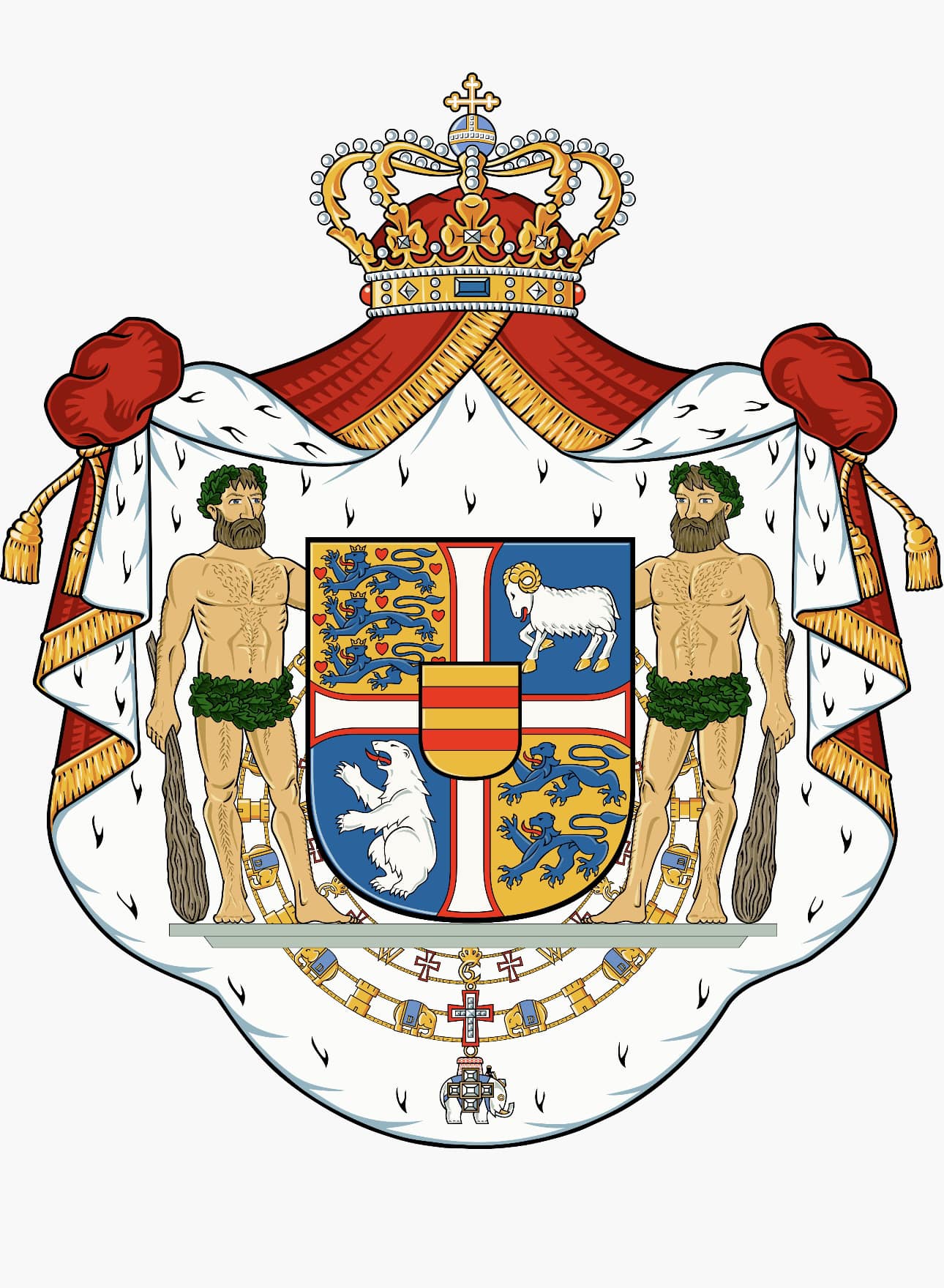As Digitaliseringsstyrelsen, the government agency in charge of digitising the entire public sector, continues its efforts to get people to think digital first when they need public services, concern is being expressed that some, especially the elderly, people with disabilities and those with limited computer access, will be cut off.
The goal of having 80 percent of all official communication with individuals and businesses go online by 2015 is raising eyebrows at the Institut for Menneskerettigheder, the Danish institute for human rights.
The group says the ongoing digital switch has to take the needs of everyone in account.
“Many elderly and disabled people will encounter problems if council governments and the state do not think in terms of usability and accessible design,” the group wrote.
With some services slated to be only available online as early as this autumn, Institut for Menneskerettigheder questioned whether current websites were up to the challenge.
“Public websites are not easy for everyone to use,” they wrote. “A study by the state’s own digitisation agency last year showed that over one third of public websites were rated poorly in terms of accessibility.”
Susanne Nour Magnusson, the head of Institut for Menneskerettigheder, said the government must start now to make sure the rights of those with disabilities are protected.
“In 2015, virtually all contact with the public sector will take place online she said. “We will be entirely dependent on the internet to get daycare for a child, sign up for student grants, get housing and virtually everything else, so it is essential that everyone has equal access to public-service websites.”
Nour recommended that access for the elderly and those with disabilities be incorporated into the design of websites from the beginning and that laws be put in place to ensure equal access.
“The law prohibits discrimination based on disabilities, so the lack of accessibility to public-service websites should be considered illegal,” she said.
She said that council governments and the state should train key personnel – including those with disabilities – in the design of websites.
Marianne Sørensen, a spokesperson at Digitaliseringsstyrelsen, said that the agency is aware of and on top of the problem.
"Of course, when we make digital self-service solutions mandatory we have an obligation to focus on how we make the services accessible for as many people as possible," she said.
Sørensen said that it it has been mandatory for state institutions, regions governments and local councils to have accessible websites since 2008 and that accessibility plays a key role in the developmental guidelines for further digitilisation.
Institut for Menneskerettigheder and the IT firm Siteimprove released a video on Tuesday that followed five disabled users as they tried to change their addresses on public-services website borger.dk.















